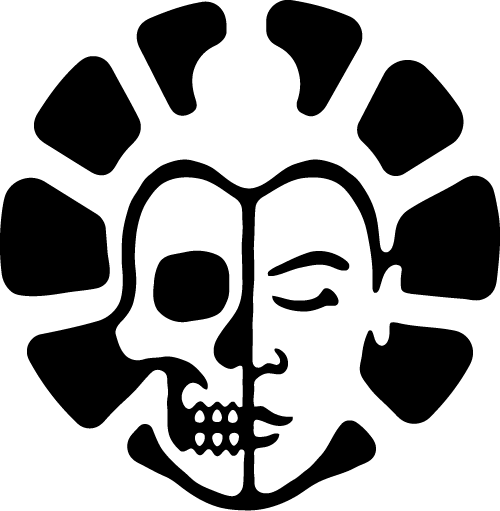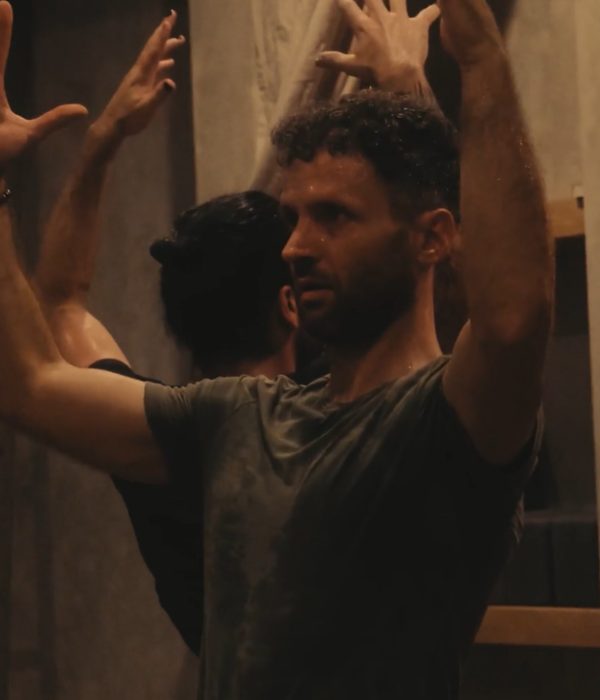This book’s context exists on a baseless ground. This book’s context stands for nothing. When I stand for nothing I can be ready for anything. When I stand for nothing it puts the onus on me to figure it out. Truth becomes the grounds on which I stand. The truth I am talking about is not fixed or doesn’t ever arrive at a point. A mind interested in truth has no deep-seated belief other than truth itself. This is a mind that can exist beyond the self – because the self is fixed. The self aka ego is our brain’s information storage that gets us through life. But if it’s all we are operating from then we will never arrive anywhere new. We will just constantly repeat our past. The reason is because we are only operating from the source of our information storage, which is all from the past. A mind that can move beyond itself (aka past, aka memory) is a mind that ceases control, which comes in the form of thought, and in that ceasing allows for freedom from thought and into a new realm – awareness of what is. This is a mind existing in its natural state. Any other mind is fixed on conditions. And those conditions were created by your past, your upbring, your schools, teachers, books, parents, friends, society, etc. The structures that you’ve built in your mind, including language, are all a form of control and necessary for survival and guidance into the future. But if you only live in this part of the mind you will always feel like you are trying to survive. This is why we become stressed. A mind unfixed to the condition is free. To be free you have to let go of what you’re holding onto. Otherwise you only know what you hold and what you hold will eventually become bitter, rotten, and develop a depression. Now let me make a distinction between two different conceptual versions of truth. The truth I have been referring to we will call, “ultimate truth”. The truth more easily described and more commonly referred to in conversation is relative, definable and based on conditions and theory and often tied in with fact. A defined truth could be a tree for example. We would all look at a tree and agree it’s called a tree. We’ve established pre-existing conditions as a culture, giving certain objects names based on certain known characteristics. So all those facts have been predetermined for us to agree on some truth. Move closer into your family or friend groups and you might all agree with the fact that your buddy Roger loves to drink Miller Lite on a Friday night. All of this in varying degrees and instances creates our societal and familial conditioning, which are a set of “truths” we’ve agreed on. This type of conditioning is absolutely necessary but also becomes dangerous, because it robs us of the ability to think freely. The important fact I want to highlight is one’s ability to distinguish the difference. Not just right now as you’re reading this, but in practicality. Watch yourself as you take action in life. The action can be in conversation with a stranger or a lover. Notice in conversation if you make quick judgments. These are conditioned thought patterns. When you start to notice this condition pattern, you have just made the unconscious conscious. This newfound awareness will offer great vitality and in that vitality your judgment may improve. And when your judgment improves your life path improves. You have expanded your insight of truth. Now this happens once and we might become prideful inside. And then forget the next time, and then we are back to our old ways, our conditioned pattern. To re – mind or re – turn to our natural state is to come back to what’s original. Your original or child-like mind is open and without many conditions. This is a mind that hasn’t arrived on a point. And therefore has a great capacity to receive and learn easily.
Now the ultimate truth. The ultimate truth cannot really be spoken of or written about. A mind that conceptualizes truth or speaks of truth is not truth. I can write or speak to what it’s not. I can try to point to it, but the point will be missed, since it has no point. Point indicates an end. Ultimate truth has no end. That is why I am speaking in the negative. Through negation the answer may reveal itself to you. What it is cannot be translated, only understood. And to be understood, is meaningless if not applied. It can be applied in whatever you do, including teaching it. When its understanding becomes conceptualized it is in danger of becoming dogmatic – which is the danger of teaching it. To live from truth is the value of understanding it, not to speak of it which is conception. And the idea is only valuable when acted upon! When it’s understood, it can be lived. Some are living it, they just don’t have words for it. Many will never know it. Through the bareness of truth, which initially will feel uneasy and doubtful we develop its opposite firm and sure. We develop less sureness in our ideas, beliefs and opinions – including that of “truth”, and more in our ability to uncover truth. This unending work is a thrill of life. I am not implying to permanently forget all that you believe in. That would essentially make you like a baby again, that has no memory. You could not function in society. And obviously this would be impossible. What I am implying or wondering if it is possible to tap into the part of the mind that is alert and unassuming – like a baby trying to stand up. Can we lead a life that leads more with this type of mind, then the mind that is asleep and assuming? When my mind assumes it puts itself to sleep. When my mind un-assumes it wakes up.


